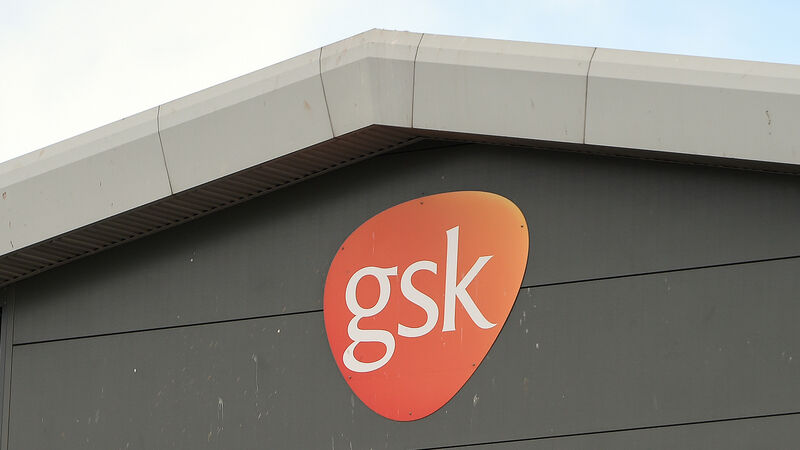Government signs off on GSK deal for vaccine supply in future flu pandemics

Ireland currently has access to 670,800 pandemic flu vaccines with Seqirus and has been offered approximately 1.8m doses under the GSK contract.
The Government has signed off on a €23.9m deal with pharmaceutical giant GSK to supply vaccines in the event of any future flu pandemics.
Health Minister Stephen Donnelly got approval for a pandemic flu vaccines contract, which is part of a wider EU agreement that would guarantee this country access to some 2.5m doses in the event that the World Health Organization declares an influenza pandemic.











